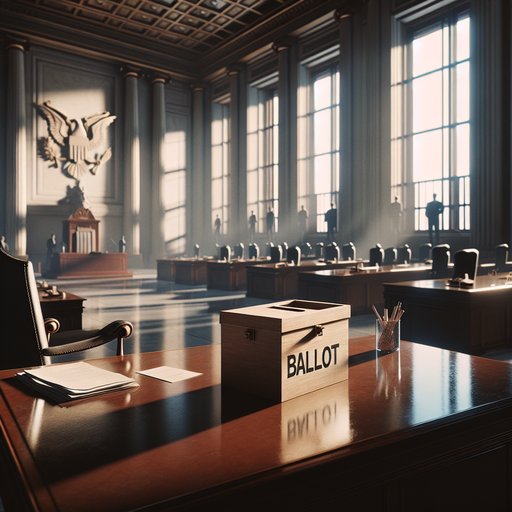
France has plunged into political turmoil as Prime Minister Sébastien Lecornu resigned less than a day after taking office, marking one of the shortest-lived governments in French history [1]. The sudden departure has left President Emmanuel Macron facing his deepest political crisis yet, highlighting the growing challenges of forming a stable government in France's fractured political landscape.
The dramatic collapse of Lecornu's government came after he proved unable to form a functioning cabinet, with potential ministers refusing to join what many saw as a doomed administration [2]. The unprecedented speed of this governmental collapse has sent shockwaves through French politics and further weakened Macron's already tenuous grip on power.
In a particularly poignant image of the crisis, President Macron was seen walking alone along the Seine River in Paris hours after the resignation, as his political future appears increasingly uncertain [3]. The solitary figure of the president has become a powerful symbol of his increasing isolation in French politics.
Political analysts note that Macron's unpopularity has become so severe that potential allies are reluctant to associate themselves with his administration, fearing negative consequences for their own political futures ahead of the 2027 elections [4]. This has created a challenging environment for forming any stable government.
The crisis represents the latest in a series of setbacks for Macron's presidency, with each successive prime ministerial appointment becoming more difficult as potential candidates weigh the political risks of joining his government. The inability to form a lasting cabinet has raised serious questions about the effectiveness of France's current political system.
























